Snow Leopard Cub for sale | Best 1 Exotic pets sale
$2,500.00
Snow Leopard Cubs for sale, The snow leopard shows several adaptations for living in a cold. mountainous environment, exotic pets for sale
Snow Leopard Cub For Sale: A Rare and Majestic Treasure
Snow leopard cub for sale are among the most captivating and elusive big cats in the world. With their stunning fur, piercing eyes, and graceful movements, they have long been a source of fascination for wildlife enthusiasts, researchers, and conservationists. Native to the high, rugged mountain ranges of Central and South Asia, snow leopards live in some of the world’s most isolated and harsh environments. For exotic animal lovers, the chance to own a **snow leopard cub for sale** is an incredible, once-in-a-lifetime opportunity.
At New York Reptiles, we’re proud to offer **snow leopard cubs for sale** to responsible and passionate owners who are ready to take on the unique challenges of caring for such a rare and extraordinary animal. These cubs, with their playful personalities and majestic presence, are truly a remarkable addition to any exotic pet collection. However, owning a snow leopard cub is a serious responsibility that requires careful thought, significant resources, and a lifelong commitment to the animal’s well-being.
In this guide, we’ll explore what makes snow leopards so special, what it takes to care for a snow leopard cub, and what potential owners need to know about the **snow leopard cub price**, legal requirements, and ethical considerations.
The Majesty of Snow Leopards
Snow leopards (Panthera uncia) are perfectly adapted to their cold, high-altitude homes, which stretch from the Himalayas to the Tibetan Plateau and parts of Central Asia. They possess thick fur, large paws for traversing snow, and long tails that help them maintain balance while moving across steep, rocky terrain. Their coats, a striking mix of pale gray and cream with distinctive black rosettes, provide excellent camouflage in their natural habitat.
Known as the “ghosts of the mountains” for their elusive nature, snow leopards are incredibly difficult to spot in the wild. For many, owning a **snow leopard cub** is a rare chance to experience the beauty of this animal up close. But it’s important to understand that caring for a snow leopard is far different from keeping a domestic pet like a cat or dog.
Why Are Snow Leopards So Rare?
Snow leopards are listed as vulnerable by the International Union for Conservation of Nature (IUCN), with an estimated 4,000 to 6,500 individuals remaining in the wild. However, their exact numbers are difficult to determine due to their reclusive behavior. Habitat destruction, poaching, and human-wildlife conflict are among the biggest threats to snow leopards.
Because of their conservation status, **snow leopard cubs** are extremely rare in captivity. Ethical breeding programs, such as those supported by New York Reptiles, are essential for preserving the species and ensuring that these beautiful animals have a future. When you purchase a **snow leopard cub for sale** through us, you are supporting efforts to protect the species while gaining a lifelong companion.
What to Expect from Snow Leopard Cubs
Snow leopard cubs are undeniably adorable, with their fluffy fur and wide, curious eyes. However, caring for a snow leopard cub is a complex and demanding task. These cubs grow quickly, and their wild instincts emerge early, making it important for owners to have a deep understanding of the species.
1. **Growth and Development**
Snow leopard cubs are born blind and dependent on their mothers for several weeks. By the time they’re two months old, they’re weaned and starting to eat meat. Snow leopards grow fast—by 18 months, they’re nearly fully grown, weighing between 60 to 120 pounds.
As they grow, snow leopard cubs require a diet rich in raw meat, plenty of space to explore, and enrichment activities to keep them mentally stimulated. Their growth rate means that you’ll need to be prepared to provide appropriate care from the start, including high-quality food and a safe, enriching habitat.
2. **Temperament**
Though snow leopard cubs are playful and affectionate in their early months, it’s important to remember that they are wild animals. As they grow, their natural instincts, such as territoriality and independence, begin to emerge. Unlike domestic cats, adult snow leopards are solitary by nature and prefer minimal social interaction.
With proper socialization, a **snow leopard cub** can form a strong bond with its owner, but it’s essential to respect their wild instincts. Care should always be taken when handling them as they mature, as their strength and behavior can become more unpredictable.
3. **Lifespan**
Snow leopards can live up to 21 years in captivity, significantly longer than their wild counterparts, which tend to live 10 to 12 years. This means that owning a snow leopard is a long-term commitment, requiring you to plan for years of care, including specialized diets, medical attention, and plenty of space for the animal to thrive.
Legal and Ethical Considerations
Before you consider purchasing a **snow leopard cub for sale**, it’s important to be aware of the legal and ethical implications of owning such a rare and protected animal.
1. **Legal Requirements**
Snow leopards are protected by international law, and ownership often requires special permits or licenses. These regulations are put in place to ensure that only qualified individuals or institutions can care for these animals, reducing the risk of improper treatment. Before purchasing a snow leopard cub, check the specific laws in your region to ensure that you can meet all legal requirements.
At New York Reptiles, we help guide our clients through the legal process, ensuring all necessary paperwork is in order before the cub is delivered.
2. **Ethical Breeding**
Due to their vulnerable status, it’s essential to ensure that **snow leopard cubs for sale** come from reputable, ethical breeding programs. At New York Reptiles, we work only with breeders who adhere to the highest standards of animal care, prioritizing the health and well-being of both parents and cubs.
3. **Conservation Efforts**
Many snow leopard owners choose to support conservation initiatives dedicated to protecting wild snow leopards and their habitats. Contributing to these efforts not only helps preserve the species but also raises awareness about the challenges snow leopards face in the wild.
The Cost of Owning a Snow Leopard Cub
Owning a **snow leopard cub for sale** comes with a high price tag, typically ranging from $150,000 to $300,000 or more. This price reflects the animal’s rarity, the costs associated with breeding, and the legal expenses involved in obtaining the necessary permits.
In addition to the initial **snow leopard cub price**, owners must be prepared for the ongoing costs of food, veterinary care, and creating a suitable habitat. Here are some of the primary expenses to consider:
– **Food:** Snow leopards are carnivores and require a diet of raw meat. As they grow, their food intake increases, so you’ll need to ensure a steady supply of high-quality meat.
– **Veterinary Care:** Routine veterinary check-ups, vaccinations, and preventive care are crucial for keeping your snow leopard cub healthy. It’s important to find a veterinarian experienced with exotic animals.
– **Habitat:** Snow leopards need plenty of space to roam, climb, and explore. Building a secure, enriching environment can be expensive but is essential for the animal’s physical and mental well-being.
Caring for Snow Leopard Cubs
Caring for a snow leopard cub is a demanding, lifelong commitment. Here are some of the key aspects of snow leopard care:
1. **Diet and Nutrition**
Snow leopards are obligate carnivores, meaning they rely on a meat-based diet to survive. In captivity, this includes a variety of raw meats like beef, chicken, and game. Owners should work with a veterinarian or exotic animal nutritionist to ensure that the cub receives all the nutrients it needs.
2. **Exercise and Enrichment**
Snow leopards are active animals that need space to exercise and engage in natural behaviors like climbing and stalking. Providing plenty of enrichment activities—such as toys, puzzle feeders, and climbing structures—is essential for keeping them mentally and physically stimulated.
3. **Veterinary Care**
Snow leopards are prone to certain health issues, such as respiratory infections and dental problems. Regular check-ups with an exotic animal vet are essential for maintaining your cub’s health.
The Experience of Owning a Snow Leopard Cub
Owning a snow leopard cub is a unique and rewarding experience. These intelligent, curious animals can form strong bonds with their caretakers, offering a connection that few people ever get to experience. However, it’s important to remember that snow leopards are still wild animals, and their behavior can be unpredictable as they mature.
For those who are fully committed to providing the care and resources required, owning a **snow leopard cub** can be an incredible journey. At New York Reptiles, we ensure that all our cubs are placed in homes that are fully prepared to meet their needs, ensuring both the owner and the cub have a fulfilling experience.
Conclusion
Owning a **snow leopard cub for sale** is a rare privilege that comes with immense responsibility. These magnificent animals are more than just exotic pets—they are living symbols of the wild, requiring careful attention and respect. Before purchasing a snow leopard cub, it’s crucial to understand the full scope of care, legal requirements, and ethical considerations.
At New York Reptiles, we are dedicated to ensuring that all our animals are raised in the best possible conditions and that they find homes with responsible, well-informed owners. If you believe you are ready to take on the responsibility of owning a **snow leopard cub**, we are here to guide you through the process. Feel free to reach out with any questions or to learn more about our **snow leopard cubs for sale**.
Be the first to review “Snow Leopard Cub for sale | Best 1 Exotic pets sale” Cancel reply
Related products
EXOTIC CUBS FOR SALE
Buy White Tiger Cubs – white bengal tiger | Exotic Animal Sales
EXOTIC CUBS FOR SALE
EXOTIC CUBS FOR SALE
EXOTIC CUBS FOR SALE
EXOTIC CUBS FOR SALE
EXOTIC CUBS FOR SALE
EXOTIC CUBS FOR SALE


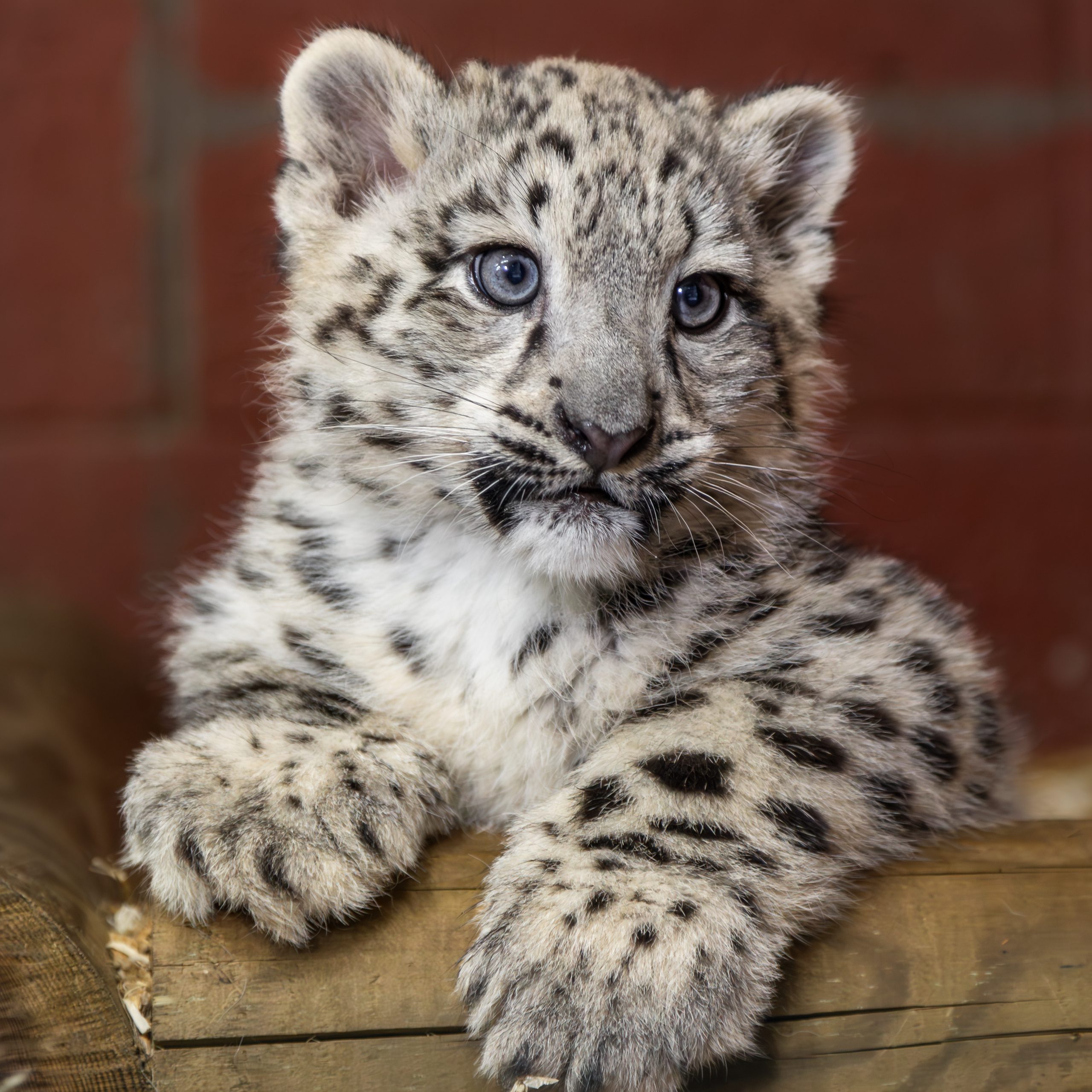
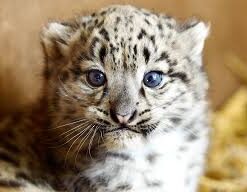
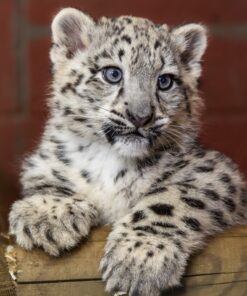

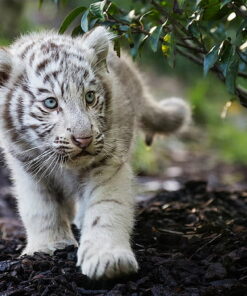


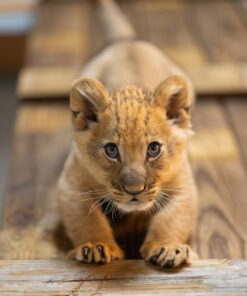
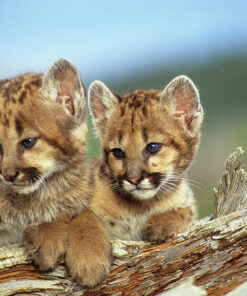
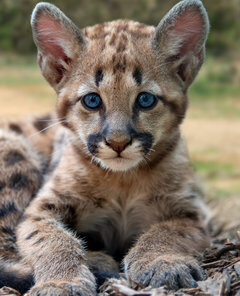
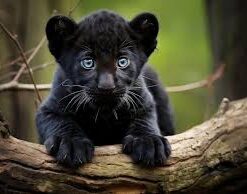
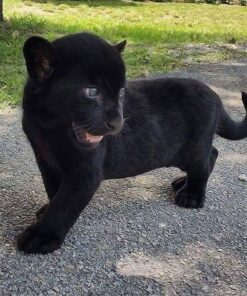

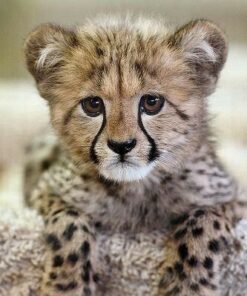
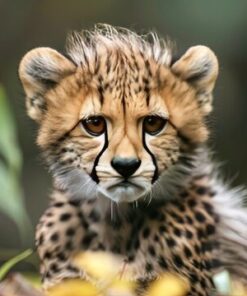
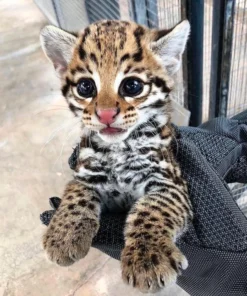
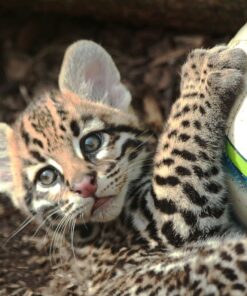
Reviews
There are no reviews yet.